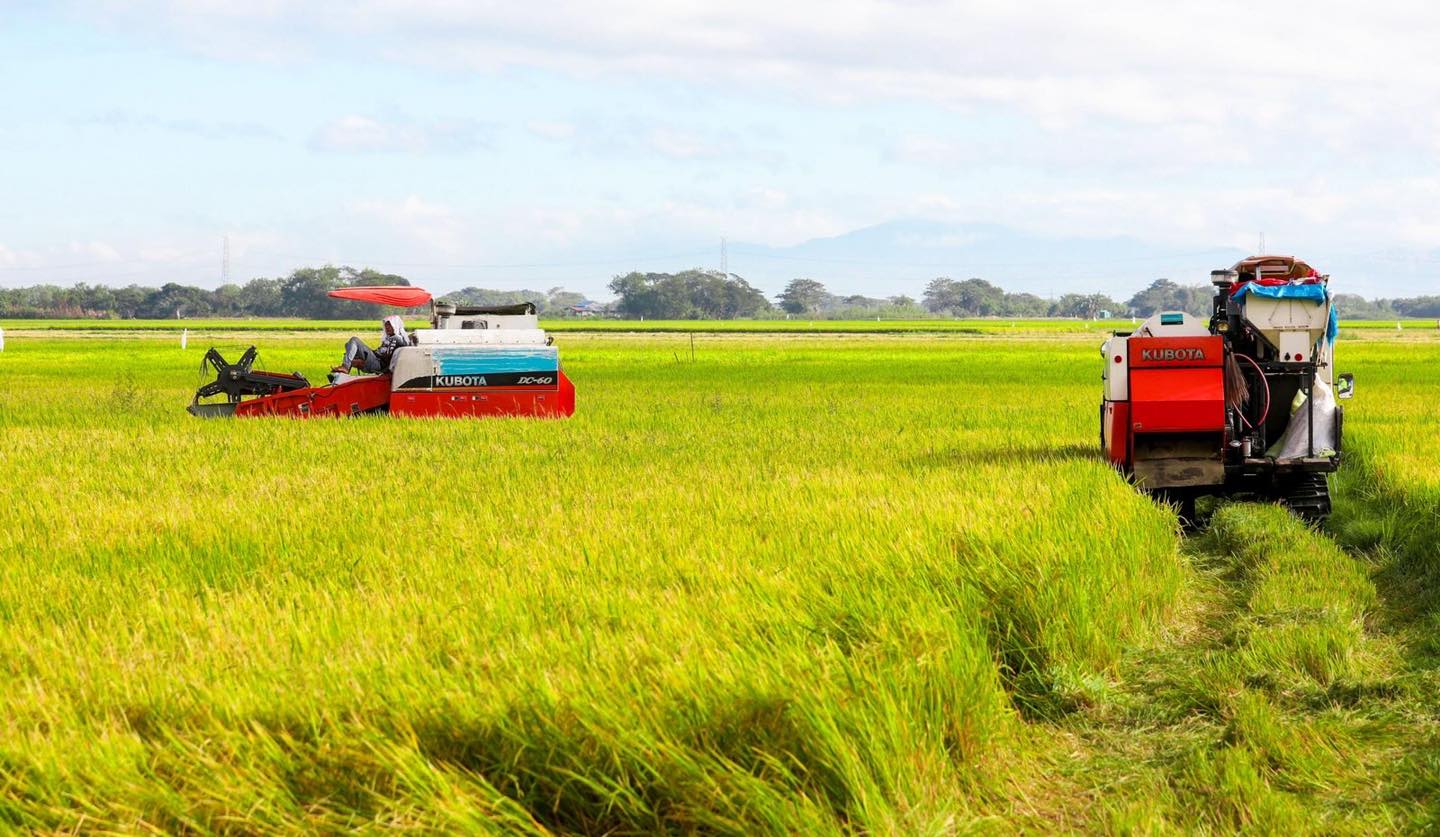
The Philippine Center for Postharvest Development and Mechanization (PhilMech) delivered more than 30,000 machines to farmers, cooperatives, and local government units (LGUs) in 2024, as the agency moves to lower the cost of rice production.
In its accomplishment report submitted to Agriculture Secretary Francisco Tiu Laurel, PhilMech said it procured a total of 32,694 machines through the Rice Competitiveness Enhancement Fund (RCEF) last year.
To date, 30,549 units have been distributed to 7,493 beneficiaries. The remaining deliveries and installations are scheduled for completion by June this year.
PhilMech said the beneficiaries went through a stringent beneficiary validation process, involving field and desk evaluations, to affirm their respective capacity to use and maintain the equipment.
“Mechanizing rice production helps our aging farmers work more efficiently and increases their productivity,” said Laurel.
“Modern agriculture will also attract younger farmers and investors, ensuring long-term food security and job creation,” he added.
In particular, PhilMech deployed 5,300 units of rice production and post-harvest equipment such as tractors, seeders, harvesters, dryers, and milling systems.
A key feature of the modernization drive is the installation of rice processing systems (RPS), which significantly boosted milling recovery rates in the country from 55 to 58 percent to 63 to 65 percent.
Since 2019, PhilMech has established 104 RPS units, and 47 more are being delivered and installed.
“This improvement means that for every 100 sacks of palay, 63 sacks of rice are now produced instead of just 55 bags at the minimum, translating to greater output and income for farmer cooperatives,” it said.
The Agriculture Secretary said transforming traditional agricultural methods with modern technology can help cut the cost of producing each kilo of palay (unmilled rice), ultimately reducing the price of rice.
“Modernizing rice farming isn’t just about lowering costs—it’s about making our farmers more competitive, more profitable, and more resilient for the future,” noted Laurel.
As part of its efforts to cultivate a modern approach to farming, PhilMech also distributed 1.7 million learning materials, organized 27 community dialogues, and created 18 information hubs in farmer cooperatives.
Similarly, the agency also ushered in a reinforced enterprise development, providing 91 cooperatives with machinery services and rice processing to foster job creation and local investment.
Funded under RCEF, PhilMech aims to lower rice production costs by up to ₱3 per kilo and reduce post-harvest losses by as much as five percent.
RCEF, which is funded through tariffs on rice imports, has an annual budget of ₱10 billion.
Under the amended Rice Tariffication Law (RTL), this will be tripled to ₱30 billion beginning next year.